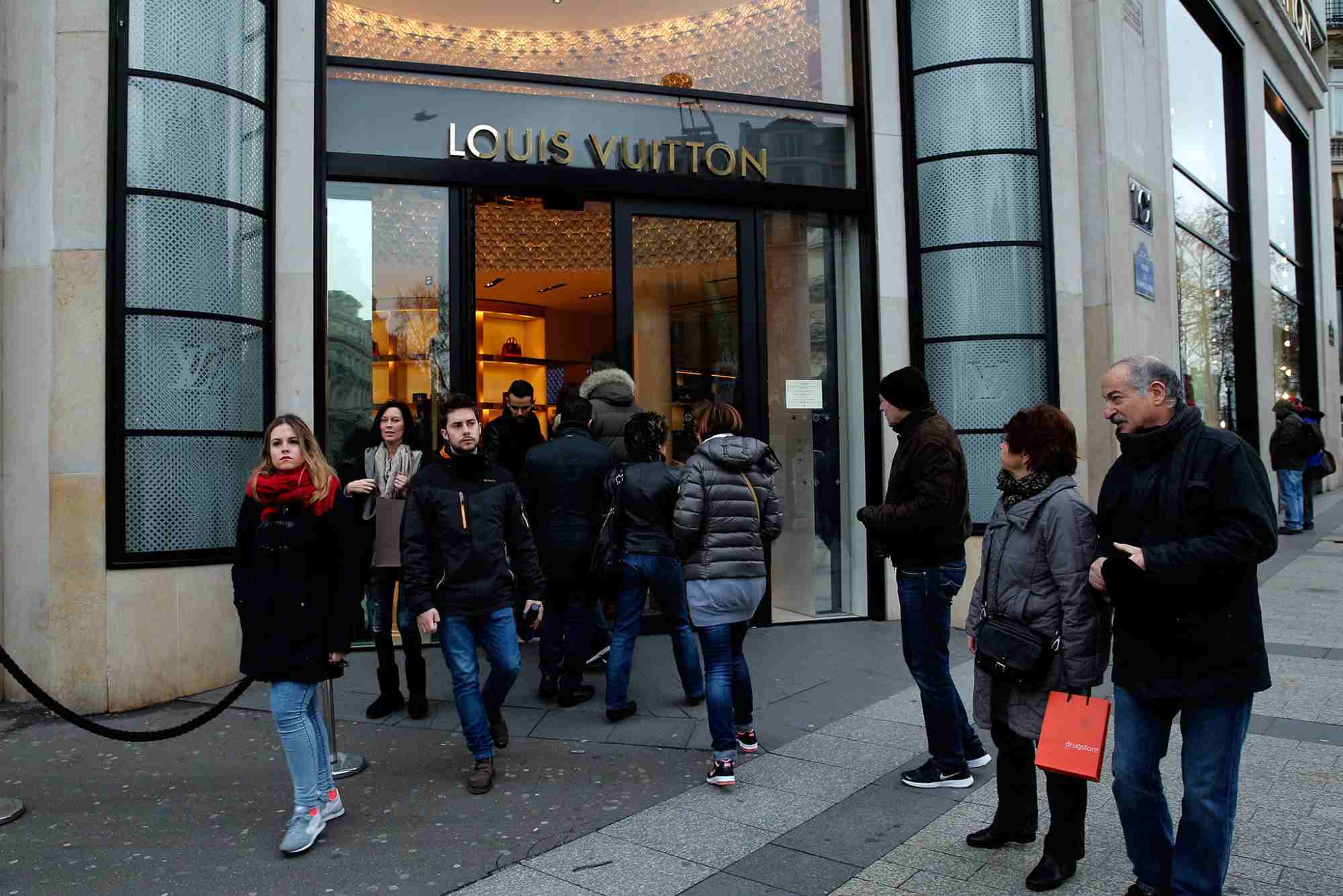Introduction
Understanding how France Sunday opening laws and exceptions work can be confusing for travellers, expats, and even new business owners. France has long protected Sunday as a rest day, yet modern consumer habits have pushed lawmakers to introduce many exceptions. As a result, rules vary by region, store type, city status, and even employer agreements. This guide explains the full picture so you can plan your shopping, travel, or business strategy with confidence.
Why France Sunday Opening Laws Matter
France treats Sunday as a cultural pause. For decades, most shops stayed closed to preserve family time. Yet tourism growth, urban demand, and retail competition have transformed the landscape. Today, France Sunday opening laws and exceptions influence not only when you can shop but also how businesses operate.
In this guide, you’ll learn the legal framework, special zones, retail categories, and real-world exceptions that shape Sunday trading in France. You will also see which stores open regularly on Sundays and which remain strictly closed. By the end, you’ll navigate French Sundays with ease.
Understanding France Sunday Opening Laws
French labour law sets the foundation: Sunday is the weekly day of rest. However, rules also allow several legal exceptions. The goal is balancing economic needs with social protections.
Historical Background of Sunday Rules
Sunday protections date back to the early 20th century. Lawmakers designed them to prevent worker exploitation. Over time, France refined rules to support sectors that rely on weekend activity, such as tourism and food retail.
Core Principles of the Law
The labour code states employees should rest on Sunday. Any Sunday work must be justified by an approved exception. Businesses must offer voluntary participation and compensatory rest. These principles remain strict, even in modern updates.
Why the Law Changed
Tourism growth in Paris, Nice, Marseille, Lyon, and high-traffic zones forced policymakers to introduce flexibility. Today’s updated rules reflect consumer expectations while retaining worker protections.
Categories of Shops Allowed to Open on Sundays
The rules vary depending on store type. Many people are surprised at how many shops legally open on Sundays under specific categories.
Food Stores
Food shops under 400 m² can open every Sunday until early afternoon. After 1 p.m., rules change and workers must be volunteers. Larger supermarkets need additional permissions.
Bakeries and Pastry Shops
Bakeries hold special cultural recognition. Most can open Sunday morning without extra paperwork. Many bakeries close one weekday instead to comply with weekly rest rules.
Convenience Stores
Small convenience stores in city centres often open legally. They rely on exemptions related to urban necessity and local demand.
Flower Shops, Newsstands, and Tobacco Shops
These businesses fall under essential-goods categories. They can legally trade on Sundays because customers rely on them year-round.
Special Zones That Allow Sunday Trading
Some geographic areas enjoy extended Sunday places opening permissions. These zones play a major role in real-world shopping behavior.
International Tourist Zones (ZTI)
Created to boost tourism, ZTI areas include districts in Paris such as Champs-Élysées, Haussmann, Montmartre, and Le Marais. Shops can open every Sunday and often enjoy extended evening hours.
Commercial Tourist Zones (Zones Touristiques)
These zones apply to coastal destinations, ski resorts, and vacation towns. Because visitor flows peak on weekends, retailers may open freely on Sundays.
Major Transportation Hubs
Airports and large train stations like Charles de Gaulle, Orly, or Gare du Nord allow Sunday trade. Shops here operate under travel-related exemptions.
Local Prefectural Zones
Prefects (regional authorities) can authorize Sunday openings for specific periods. This often occurs before Christmas, during major events, or in high-traffic seasons.
How the “12 Sundays per Year” Rule Works
French mayors can declare up to 12 special opening Sundays each year. These apply to non-food retailers such as fashion stores, furniture shops, and household goods.
Purpose of the Rule
The goal is supporting seasonal economic activity—especially during holiday seasons or sales periods.
How Decisions Are Made
Mayors consult business associations and unions before approving dates. Employees gain extra pay or compensatory rest for these special Sundays.
Practical Impact
Many cities use all 12 allowed Sundays, especially large urban areas. Smaller towns often use fewer, depending on demand.
Exceptions for DIY Stores and Large Retailers
Large DIY chains and home improvement stores benefit from unique rules.
Why DIY Stores Receive Special Treatment
Consumer habits show that home renovation commitments peak on weekends. To match demand, lawmakers granted broader Sunday flexibility for this retail category.
Conditions Employers Must Meet
Workers must volunteer for Sunday shifts. Employers must offer enhanced pay and scheduled rest.
How Large Retailers Use the Exception
Chains often open half the year’s Sundays and adjust hours seasonally. Sunday mornings remain the busiest.
Impact on Workers Under Sunday Opening Laws
Employee rights are central to France Sunday opening laws and exceptions, and businesses must comply carefully.
Voluntary Work Requirements
Employees cannot be forced to work Sundays in most cases. Employers must offer volunteers a written agreement.
Compensation Rules
Sunday work often pays more—sometimes double. When not compensated financially, workers receive compensatory rest.
Protections for Students and Part-Time Workers
Younger workers and students receive additional protections, including limits on late-night work and guaranteed study time.
Regional Differences Across France
Not all regions apply rules the same way. Local politics, tourism volume, and commercial demand shape Sunday behaviour.
Paris Region
Paris enjoys the broadest exceptions due to tourism. Many fashion, beauty, and department stores open every Sunday in designated zones.
Mediterranean Coast
Cities like Nice and Cannes rely on tourism, so Sunday trading is widely accepted.
Smaller Villages and Rural Areas
Rural regions often follow traditional rules. Most shops stay closed aside from bakeries and small food stores.
Real-World Examples of Sunday Openings
These examples help illustrate how rules work in practice.
Typical Sunday in Paris
Large international brands open in tourist districts. Local shops outside these areas may stay closed unless special exemptions apply.
Typical Sunday in Small Town France
Only bakeries, small grocers, and essential-goods shops open. Most retail activity pauses until Monday.
Seasonal Adjustments
During Christmas, many cities activate additional special Sundays, boosting retail activity nationwide.
What Tourists Should Know About Sunday Shopping
If you travel in France, Sunday behaviour may surprise you. These points help you plan effectively.
Expect Variation by Area
Paris offers many open shops. Smaller towns may feel quiet or closed.
Supermarket Hours Matter
Many supermarkets open Sunday morning only. Plan food shopping early.
Museums and Attractions
Most museums, landmarks, and attractions remain open on Sundays. Retail rules do not affect them.
Business Tips for Operating Under Sunday Laws
If you run or plan to run a business in France, you must understand the rules fully.
Know Your Category
Different store types receive different permissions. Determine your category before planning Sunday operations.
Understand Local Authority Decisions
City halls and prefectures influence real availability. Consult local announcements regularly.
Build Sunday Staffing Plans
Ensure volunteers are available. Track compensation obligations carefully to avoid legal risks.
Mastering France Sunday Opening Rules
France has a unique approach to Sunday trading. While traditional rules remain, modern exceptions allow greater flexibility—especially in tourist regions, food retail, and urban centres. With a clear understanding of France Sunday opening laws and exceptions, you can plan shopping trips, travel itineraries, or business operations with confidence.
If you want tailored guidance for your city, travel plans, or French business strategy, feel free to ask. I can help you navigate every rule and exception with ease.
FAQs
Are shops open in France on Sunday?
Many shops remain closed, but food stores, bakeries, convenience stores, and shops in tourist zones often open.
Are supermarkets open in France on Sundays?
Most supermarkets open Sunday morning until around 1 p.m. Afternoon openings require special permissions.
Why is everything closed on Sunday in France?
France protects Sunday as a rest day. Laws aim to balance work, family time, and economic activity.
Can DIY stores open on Sundays in France?
Yes, DIY stores have expanded Sunday permissions under special rules.
Is Paris open on Sundays for shopping?
Many stores in tourist zones open all day. Outside these areas, openings vary by neighbourhood.







